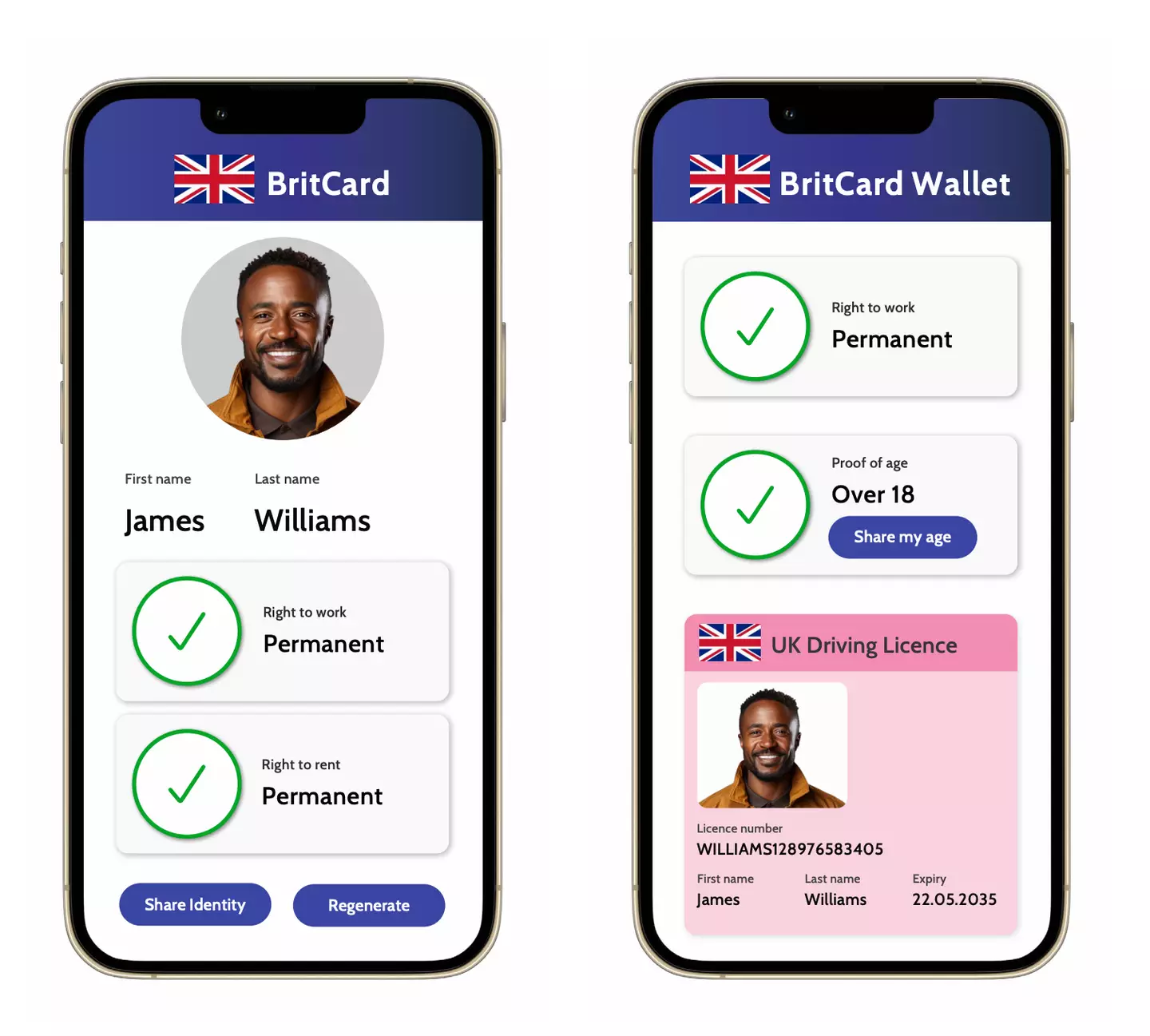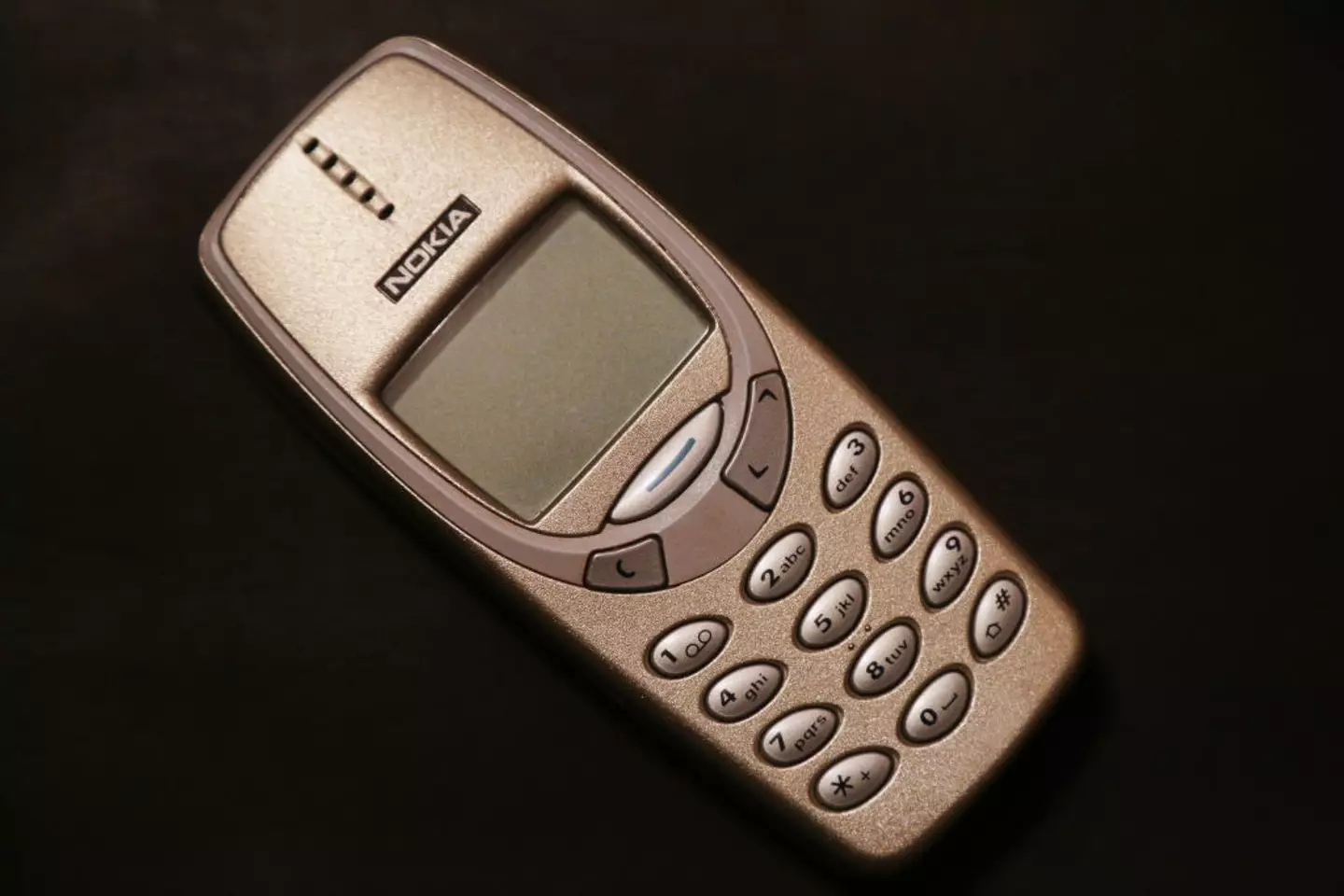
People are already scheming to find ways around the recently announced 'BritCards', which are set to roll out later this decade.
It was announced late last week by UK Prime Minister Keir Starmer that a new national identity card scheme would be rolled out, called the BritCard.
"For too many years it's been too easy for people to come here, slip into the shadow economy and remain here illegally because, frankly, we've been squeamish about saying things that are clearly true," Starmer said in a speech.
He added that the new digital ID will be free-of-charge and it'll be essential for one's right to work, stating: "You will not be able to work in the United Kingdom if you do not have a digital ID. It's as simple as that."
Advert
It sounds hard to avoid, but a lot of people aren't fans of the move, with a petition titled 'Do not introduce Digital ID cards' closing in on 2.5 million signatures at the time of writing.

Why are digital ID cards being introduced?
The UK government's plan is to make the cards serve as proof of someone's right to live and work in the country, in a mass clampdown on illegal immigration into the country.
At the moment, someone's right to work is proven by their National Insurance number, though these can be stolen by those looking to work illegally.
The finer details are being ironed out, as a rollout date is yet to be confirmed despite Starmer's claims that the scheme would be introduced by 'the end of this Parliament', which would be by August 2029.
More research is set to be carried out into how the digital ID would work for the elderly, disabled, and those who don't have access to the technology that's needed to make BritCard work.
Though it'll be mandatory for work, the government highlighted that you wouldn't need to show it in public.
How will BritCard work?
The digital card will be on a smartphone app, containing your name, date of birth, nationality, employment status, address and residency status, along with a photo of the holder.
This will be checked against a national database to confirm if you can live and work in the UK. While Ministers have suggested these could be used for tax records, applying for driving licenses or welfare, this is yet to be confirmed.

What loophole have people found?
A quick scroll on social media reveals that many have already decided on a way to throw officials off if they're asked to show their ID: Nokias.
It's true, people think that getting themselves a classic Nokia brick phone, which doesn't support the app required to show their BritCard, will get them out of needing one.
Brits online have suggested that the government 'Can't make me have a digital ID if I have a Nokia 3210'.
Another added: "Looks like Nokia 402's are back on the menu boys!"
For you younger folk, these Nokia 'brick phones' were all the hype in the late 90s and early 00s as they were almost indestructible, while also being technologically advanced for their time.
Before Fortnite, mobile users had Snake.
The whole idea is to avoid having their data stored on a government system, with many thinking that a smartphone is the only thing standing in the way of freedom.
However, the prospect of physical cards may yet be a possibility for those without the technology needed, as another user pointed out: "This is why I opted for an old school flip phone instead of a 'smart' phone. Can't put apps on it, therefore no tracking apps. No digital I.D."

But under the current plans, residents won't need to carry a phone with the BritCard downloaded at all times, nor can authorities ask to see your ID, similar to how police now can't ask you to provide more than your name and address.
It would make employers' lives a lot easier, but it isn't meant to change the restrictions residents in the UK have when going about their daily lives.
So in theory, an old phone wouldn't change the requirement of needing a digital ID when starting a new job or buying a home.
Topics: Keir Starmer, Technology, Phones, UK News